All right, so you’ve written a book. You love the characters, the story, the direction, and you’re excited when a house sends you an acceptance letter. In my case, this doesn’t matter if this is your first or hundredth book. No author is above getting told no, which makes that all important “yes!” so meaningful.
You go through the motions of publication: revisions, rewrites, and sometimes sacrifices on how you originally envisioned your book. The release day arrives. Suddenly, your book isn’t just a subject of email exchange between you and your editor. It’s now available for mass consumption.
This is when you cease owning your novel, sorry to say. Once it reaches the hands of a reader, you’re not there to explain why Bob said that terribly hurtful thing to Suzy, or why she took him back so swiftly. You can’t control who sees your work anymore than you can control how they react. You might please nine out of ten readers, but it’s that elusive tenth that takes to the Internet and posts a less-than-flattering analysis or reaction to your work.
Where do you go from here?
First of all, you have to accept and understand that no matter how personal your writing is to you, it isn't that to the reviewer, and their comments aren't about you at all, rather their reaction to your book. You will never be able to write the book everyone will like. Sometimes, the most for which you can hope is that people will at least appreciate what you accomplished.
People have different tastes, different thresholds, and after the book is released you have no control over who reads it or how they'll react. Some people will review it negatively because it simply wasn't the sort of story they enjoy. That doesn't mean it's a bad story, and that's what you have to take from reviews that reflect the reviewer's personal taste. Most good reviewers, however, will raise legitimate questions when issuing a less-than-positive review, be it about character development or your writing itself. The key is to try and take something from what was said and keep it in mind for future projects.
Don't react negatively in public. It’s hurtful—of course it’s hurtful, but lambasting the reviewer won’t do anything but make you seem small and petty, and being a writer means taking the good AND bad. Don't become defensive and don't attack the reviewer. They're just doing their job, just as you did yours. Saying nothing won’t hurt your reputation. Saying something might.
Monday, October 11, 2010
Subscribe to:
Post Comments (Atom)
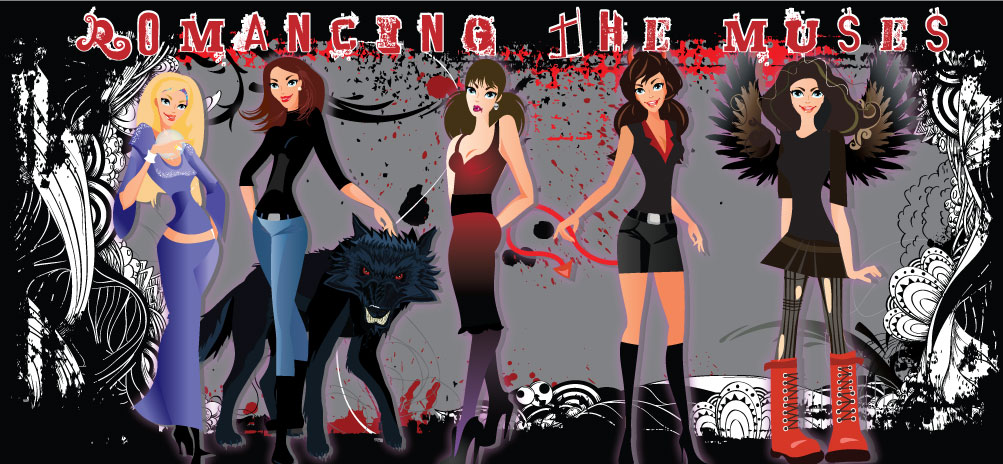
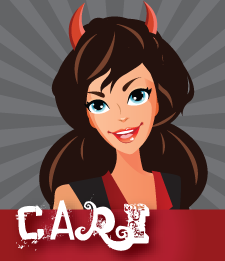
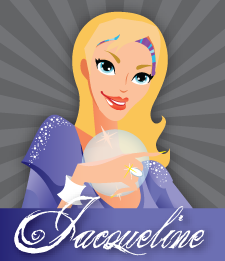


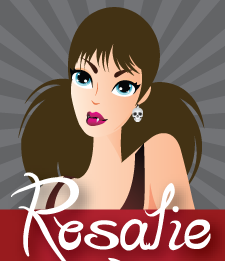
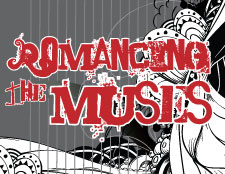



1 comments:
Great topic Rosalie!
As my son said to someone that commented in a not favorable way about one of my books "Some people like Coca-cola, some like Pepsi and some like neither."
:)
Post a Comment